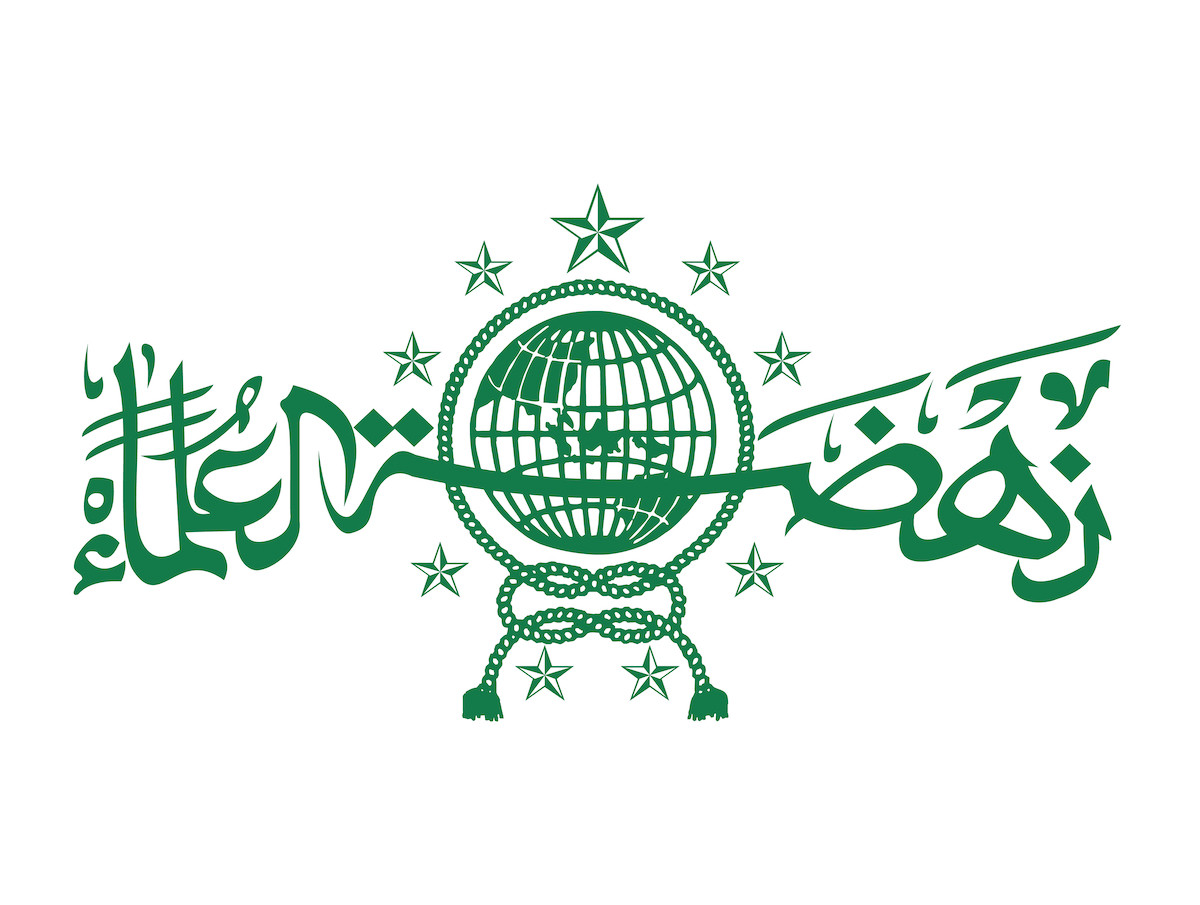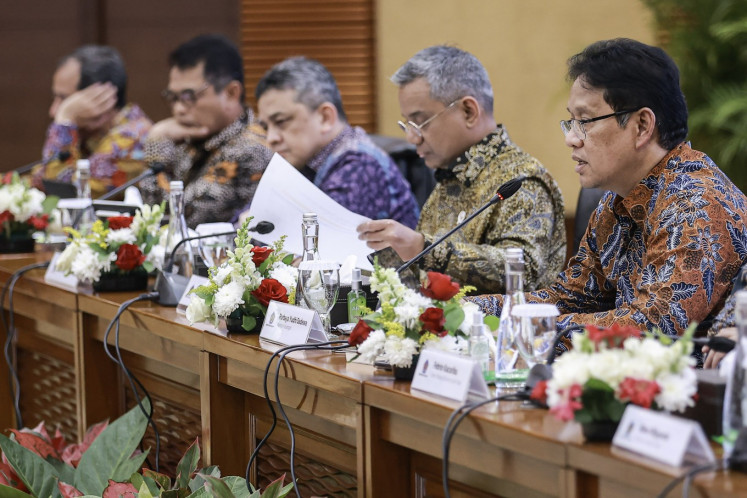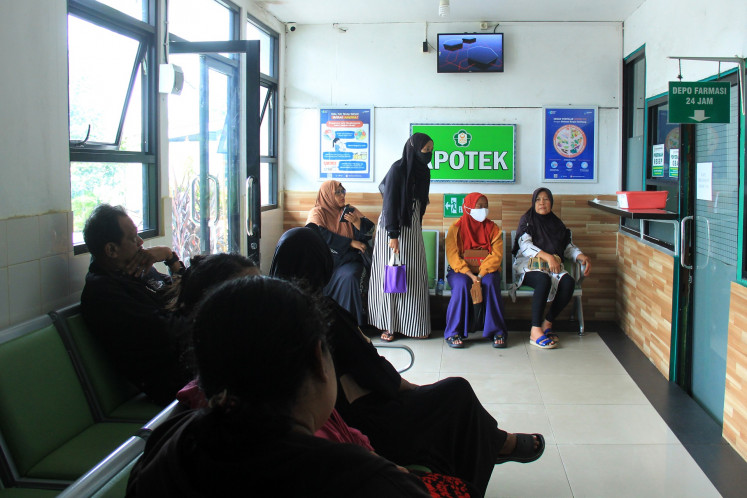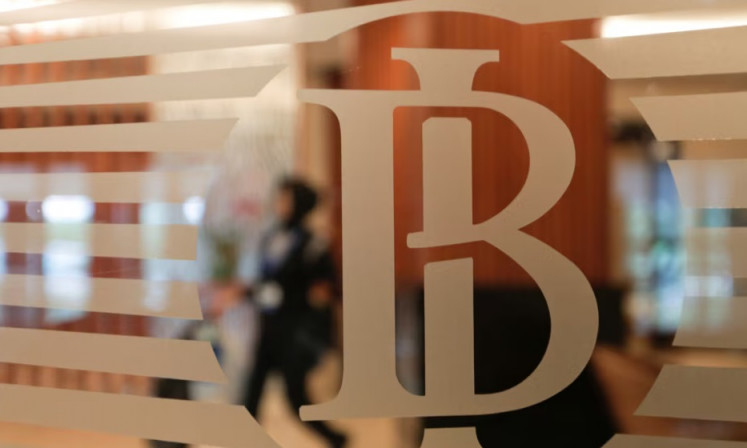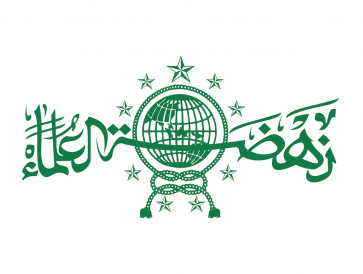Popular Reads
Top Results
Can't find what you're looking for?
View all search resultsPopular Reads
Top Results
Can't find what you're looking for?
View all search resultsA century of NU: Aswaja, 'fiqh' of civilization, a new platform of Islam
The country's largest Muslim organization prepares to mark its centenary with a Civilization Congress, seeking to legitimize and incorporate human rights within its ideological fold.
Change text size
Gift Premium Articles
to Anyone
N
ahdlatul Ulama (NU), Indonesia’s largest Islamic organization, celebrates on Feb. 7 its centenary of establishment according to the Islamic calendar by holding a Civilization Congress. The congress aims to look into the Islamic jurisprudence of fiqh to establish a new platform of Islam based on NU’s guiding principle of Ahlusunnah wal Jamaah, or Aswaja for short, meaning “to live by the example of the Prophet and his companions”.
According to its terms of reference, the congress’s discussions are to center around how Islam or fiqh places and legitimizes the existence of the United Nations, which has become the basis for the establishment of nation-states, which in turn have become the basis for recognizing human equality and upholding human rights within the UN-recognized boundaries of nation-states. Therefore, although there are still critics of the UN, its foundations for peace and coexistence among nation-states have become the basis for eradicating political identity and sources of social polarization.
The UN’s establishment was a departure from the previous condition and concept, under which people were grouped based on their religion, ethnicity or other primordial aspects, and a state’s boundaries were set based on military might that legitimized invasions into and even the annexation of other states. In such a system, discrimination, violence and war were the norms.
Among Islamic and Muslim-majority states, the UN’s existence has never been questioned in principle because it strongly legitimizes their statehood and recognizes their boundaries. However, the Universal Declaration of Human Rights (UDHR), which enshrines the rights and freedoms of all human beings and was adopted by the United Nations General Assembly, has never been accepted or adopted fully by Islamic or Muslim-majority states, which consider it contrary to or at least different from Islamic law, or sharia. As a result, equality of citizens is still a problem in many Islamic and Muslim-majority states.
Almost all Islamic and Muslim-majority states place Islam high as the basis for their constitutions, which has an implication in the treatment of their own citizens. To mention a few examples, Malaysia has positioned Yang di-Pertuan Agong, or the Supreme Head of the Federation, as the guardian of Islam and Malay traditions. Brunei Darussalam only recognizes Muslims who belong to the Shafi’i school as worthy citizens, while in Pakistan, the constitution places the Quran and Hadith in its constitution as the sources of law, as does Iran.
The implication of these on the practice of statehood in Islamic and Muslim-majority countries is not only discrimination against non-Muslim citizens, but also against fellow Muslims who diverge or differ from the majority sect.
Even in Indonesia, whose constitution is not based on a particular religious identity but on the state ideology Pancasila and the state motto Bhinneka Tunggal Ika (Unity in Diversity), yet the Muslim majority is still often involved in discrimination by forcing the state to support them.

